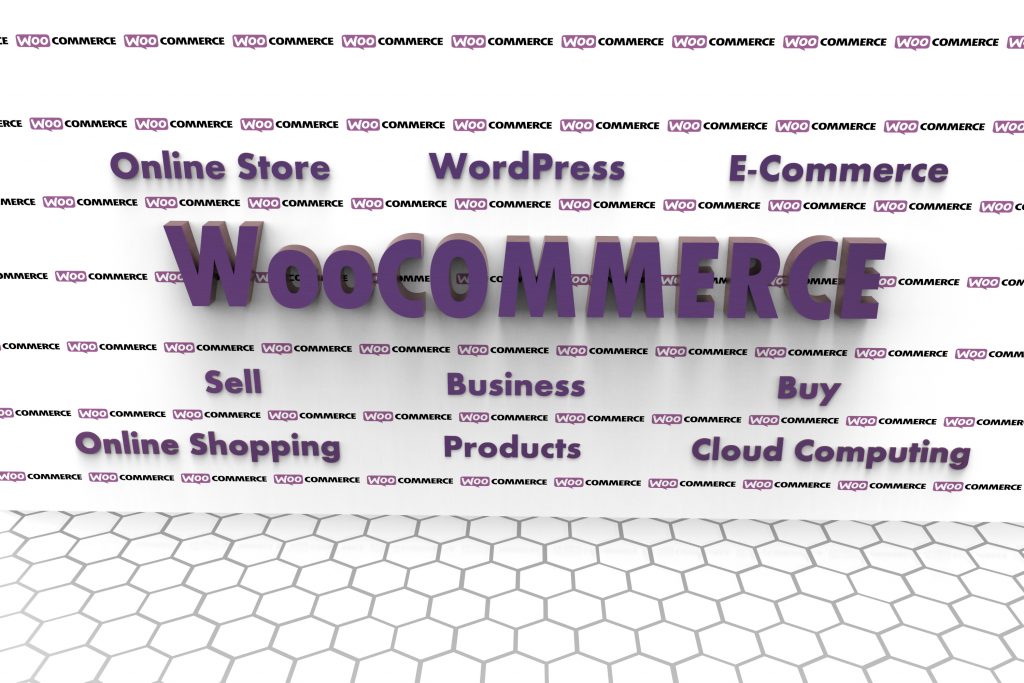Choosing a Platform for Your Online Store – Shopify vs WooCommerce
Building an online store is a perplexing task. And selecting the right type of platform needs a lot of research and comparisons to be done. There are different platforms available in the market for eCommerce and with little patience in research and analysis, you can find the right platform that suits your business and expansion in future.
Shopify and WooCommerce are the two well-known eCommerce platforms. Both have various strengths of their own. Shopify is a subscription-based complete eCommerce solution and WooCommerce is an open-source eCommerce designed for WordPress.
While there are merits and demerits for Shopify and WooCommerce, it depends on the business goals that should help you select one platform over the other.

Shopify Pros and Cons
The Shopify platform is of Canadian origin and was launched in 2004. More than 1 million merchants are using this platform. It offers a variety of features that caters to a range of different needs.
Shopify Pros –
-
Shopify handles everything for you for your business from hosting to security
It offers web hosting and helps you with quick start store themes. It also has some special features such as inventory tracking, SEO, point of sale, SSL certificate, and cart campaigns.
Shopify is considered as one of the easiest platforms to get started. One can build a website with minimum technical abilities.
-
Customization and add-ons
The user interface is important for every eCommerce store as it creates the first and lasting impression on the visitors. Shopify offers a range of plans customized for start-ups as well as for enterprise businesses.
-
Dropshipping with Shopify
Shopify has extensions and add-ons to help you run your Dropshipping store smoothly. Some of the best Shopify dropshipping add-ons include Spocket, Ali orders AliExpress Dropship, and CJDropshipping. It also integrates with 3rd party dropshipping marketplaces such as AliExpress and Prinfity to name a few.
Shopify cons
Shopify provides options for native Shopify payments powered by Stripe. It has third-party payment gateways such as PayPal, and Amazon payment. Shopify payments are only available in certain countries such as the US, Canada, the UK, and Australia.
-
Payment gateway
Shopify charges transaction fees – Shopify takes up to 2.9% plus 30 cents for each credit card transaction if you are not using Shopify payments powered by Stripe.
-
Susceptibility in general
You are subject to rules and regulations of products and payment providers. The subscription-based pricing in Shopify could change at any point in time.
-
Control of data on the platform
Shopify gives you access to all of your data, but the live copy would be stored on the Shopify server. This means you will never have complete control over your data!
-
Multilingual stores
Shopify is not useful for multilingual stores. This problem can be resolved using the Shopify app, langify, which offers several languages and currency options. But the application costs $17.50 monthly!
WooCommerce Pros and Con
If you are looking for a popular and easy to use platform, you will definitely like WordPress eCommerce solution, WooCommerce.
WooCommerce Pros –
-
Doesn’t cost you much
WooCommerce helps you select an affordable web hosting plan. You can kick start your online business even with a little initial capital. WooCommerce does not have any monthly fees for the basic plug-ins.
-
Payment gateways
WooCommerce is a large plug-in community with plenty of payment gateways. WooCommerce supports all the popular gateways such as Stripe, PayPal, and Square.
Another benefit of WooCommerce is that you could access different niche payment gateways such as Postgiro (a Swedish gateway) and Przelewy24 (a Polish gateway).
WooCommerce has both the popular gateways as well as the regional gateways. The payment gateways will not collect additional credit card transaction fees.
-
Self-hosted platform
WooCommerce is a self-hosted platform. This means, your store files are located in your server giving you the option to modify and scale it up as you need.
-
Powerful SEO
WooCommerce is the best to get Search Engine Optimization and dominate the Google ranking by providing access to WordPress blogging and the ability to dig deep or edit the metadata of the store.
-
Secure
The shopping cart in WooCommerce features is excellent, secure, and robust, and it gets regularly updated to remove any bugs and issues. WooCommerce plugin gives additional security.
-
Sell all type of products
WooCommerce can be used to sell:
- Physical and digital products.
- Build a membership site in WooCommerce
- To make appointments and bookings online.
- Sell subscription-based products too.
All these flexibilities can be accommodated in your website by a WordPress developer.
WooCommerce Cons
-
Own responsibility
Though WooCommerce gives you ultimate control and ownership of your store, the flexibility makes you responsible for maintaining and securing your store.
-
Paid plugin and extensions
WooCommerce is free and downloading or installation of basic WordPress plugins is also free. You may have to pay for some premium extensions.
If you want to take ownership of the store, with the flexibility of customization of the web design WooCommerce or WordPress platform is the best. WooCommerce helps you in selling things in terms of variation, checkout process, and pricing structure. Being an open source platform, WooCommerce is accessible to all, could be a great option for startup business with its cost-effective features.
